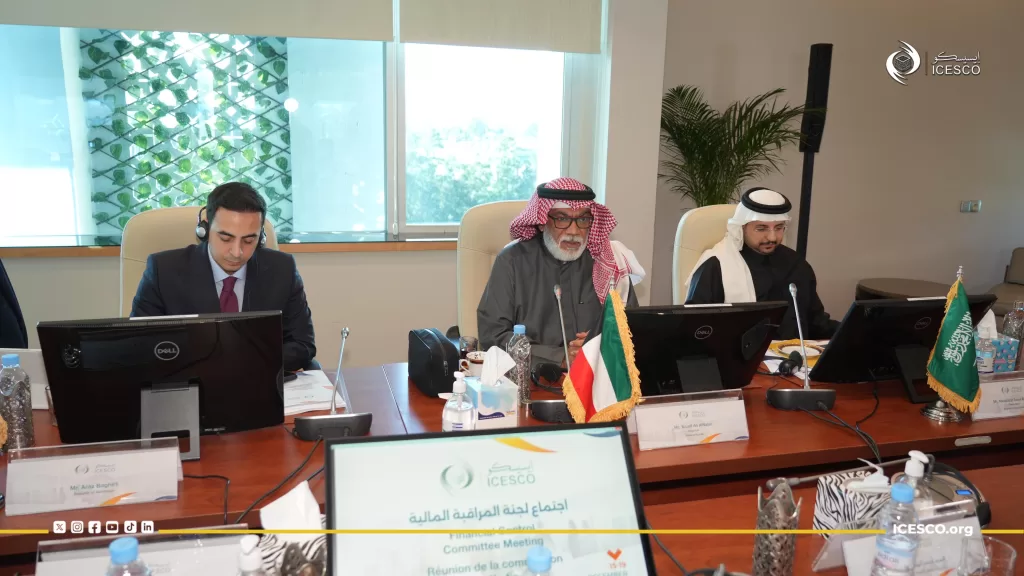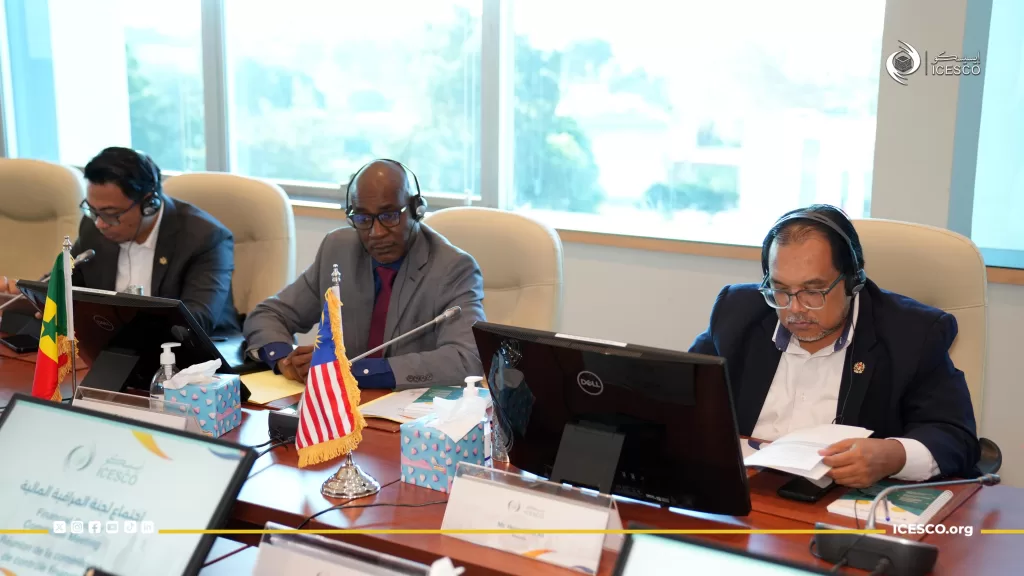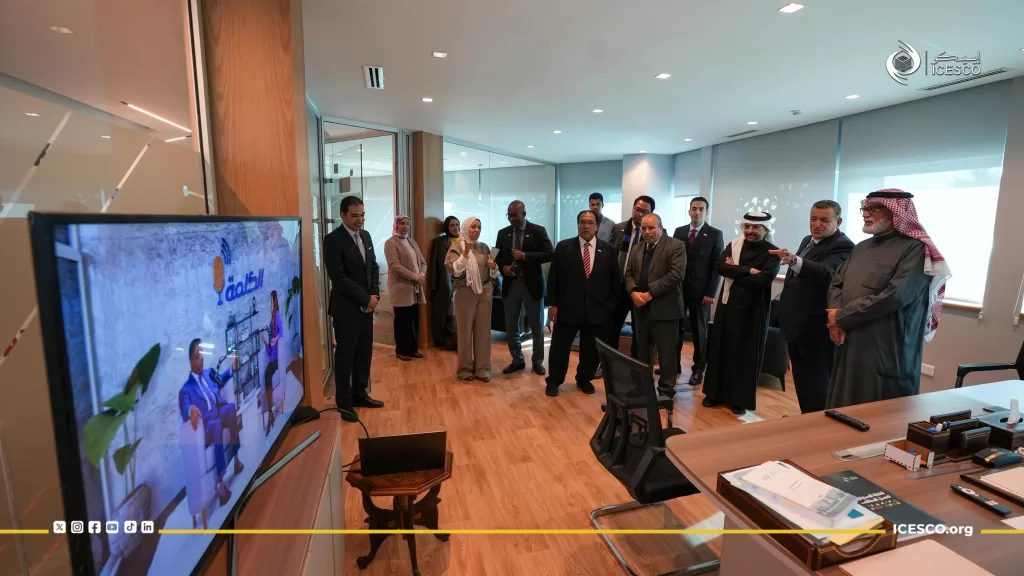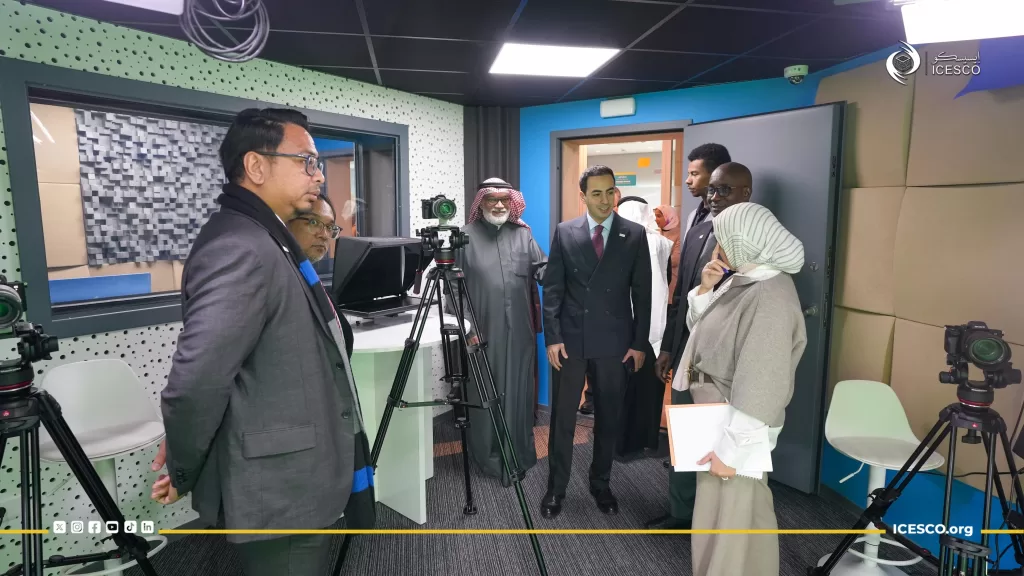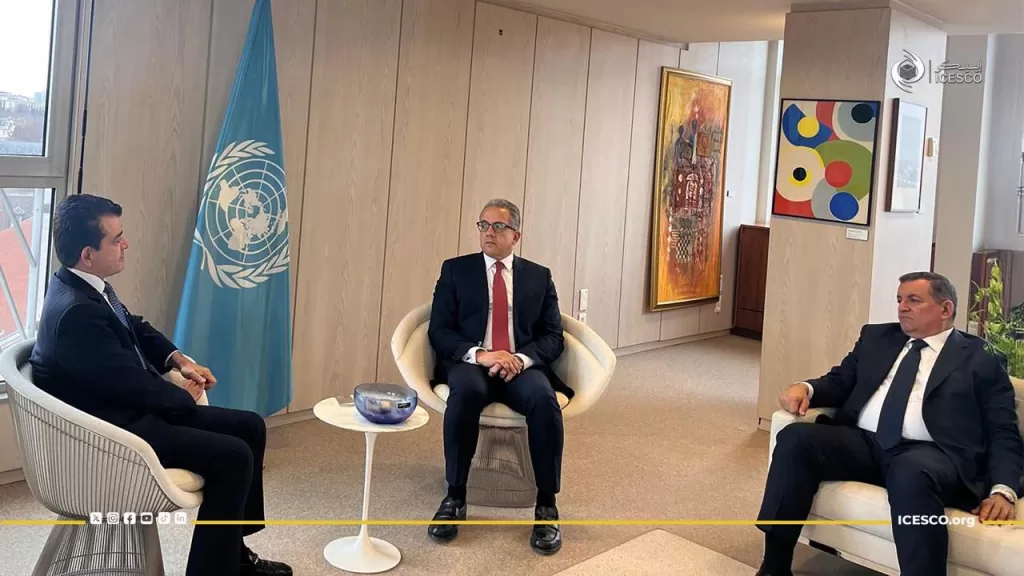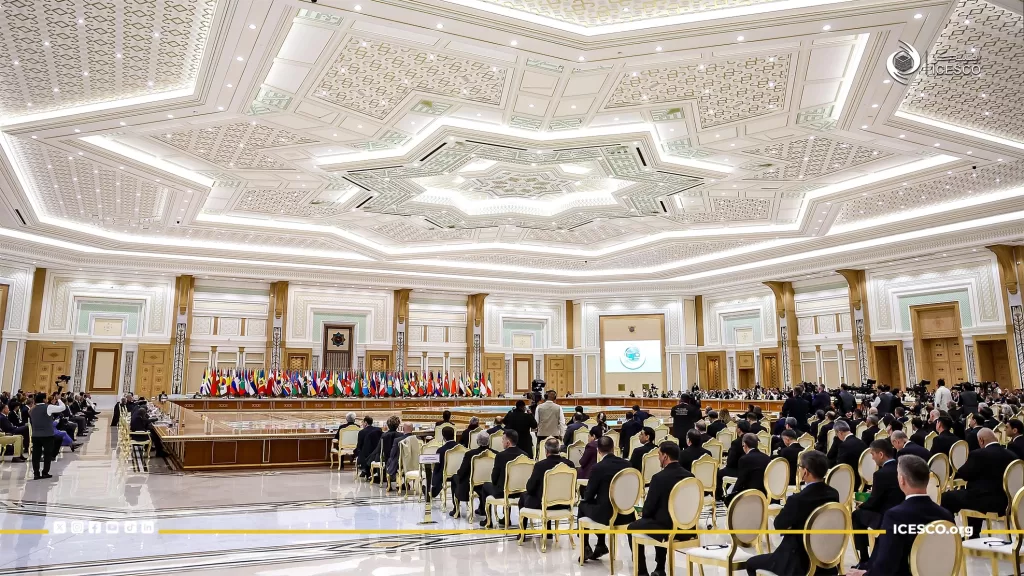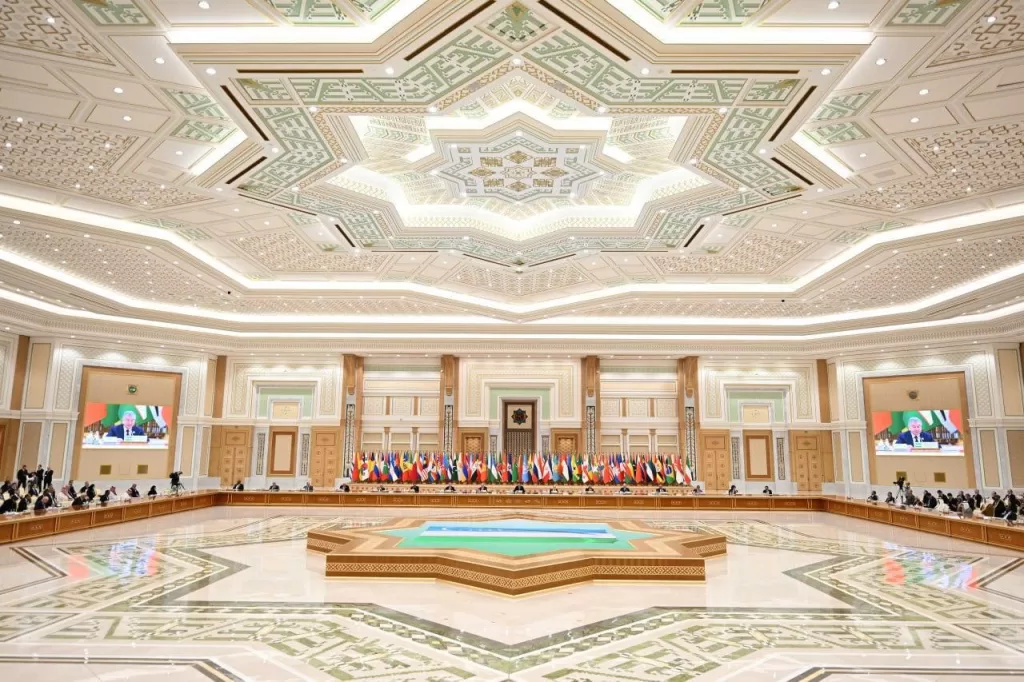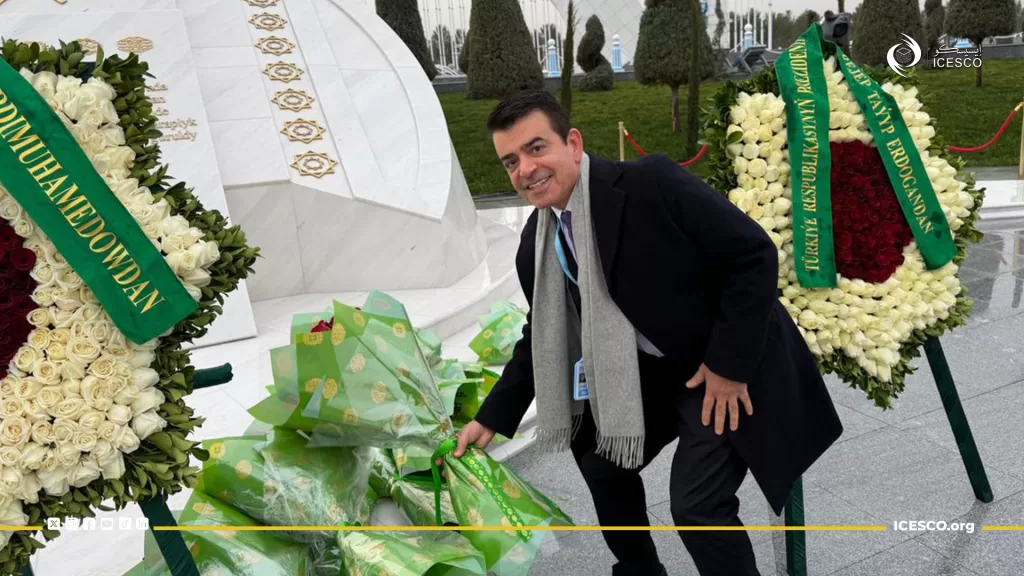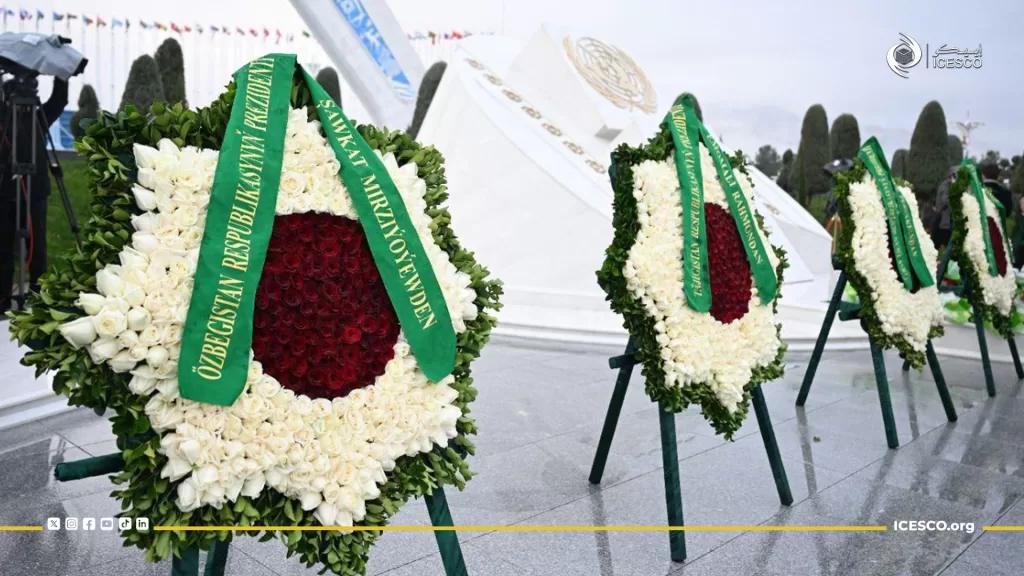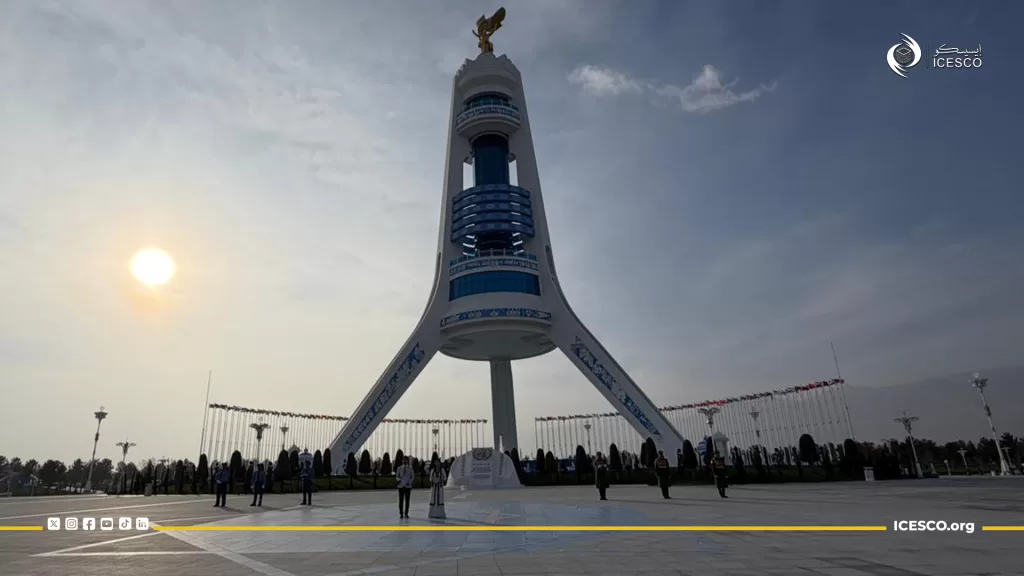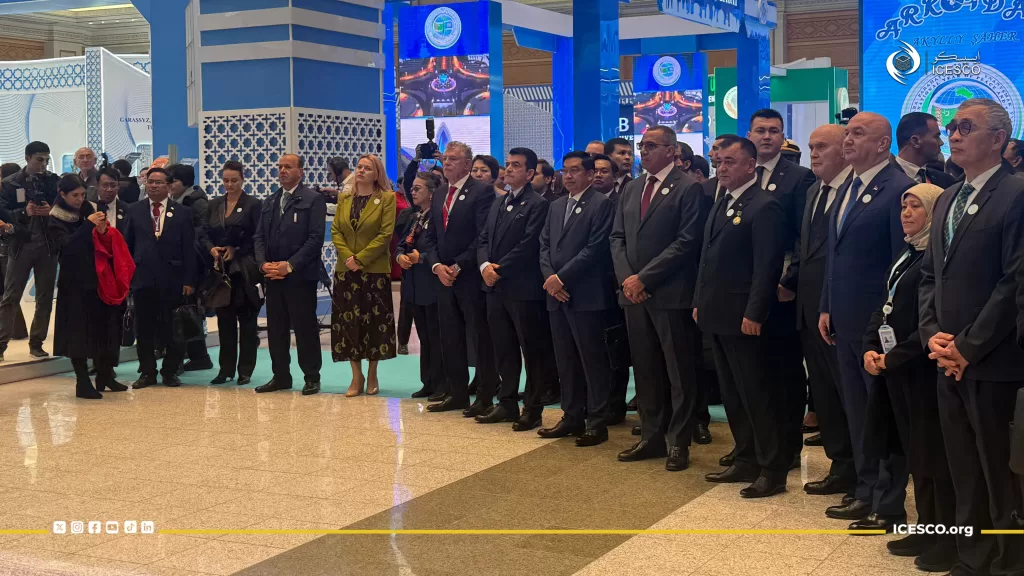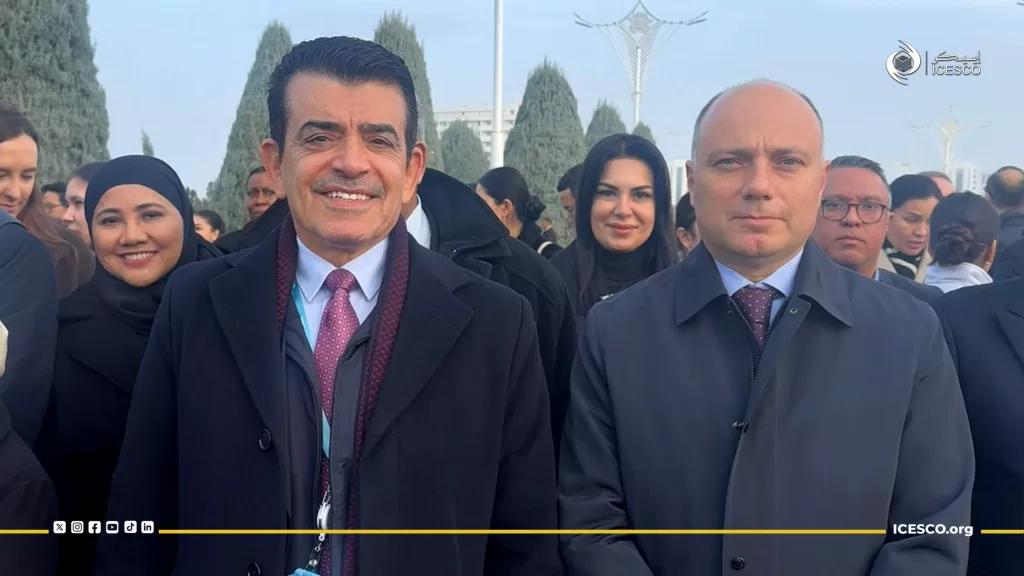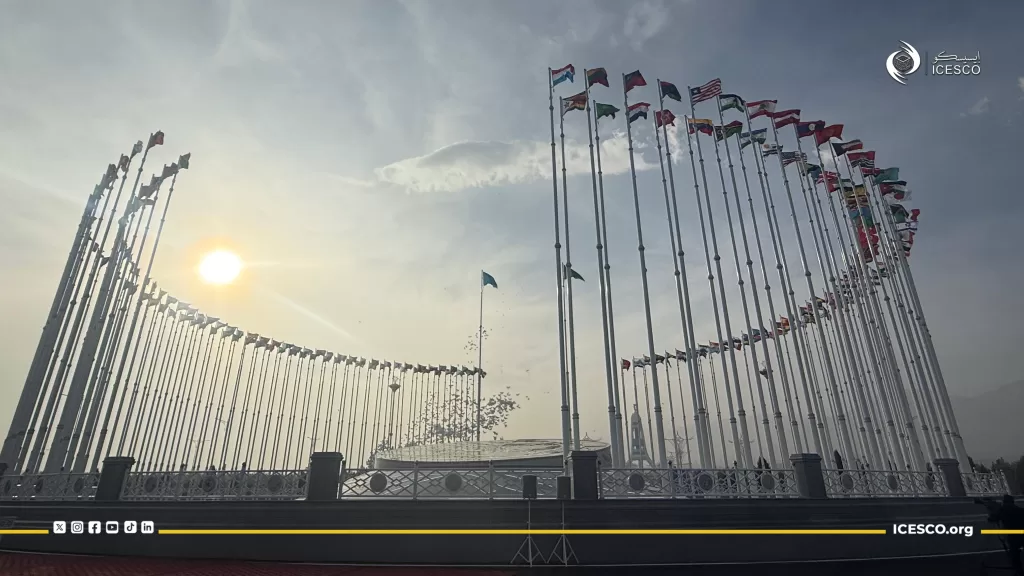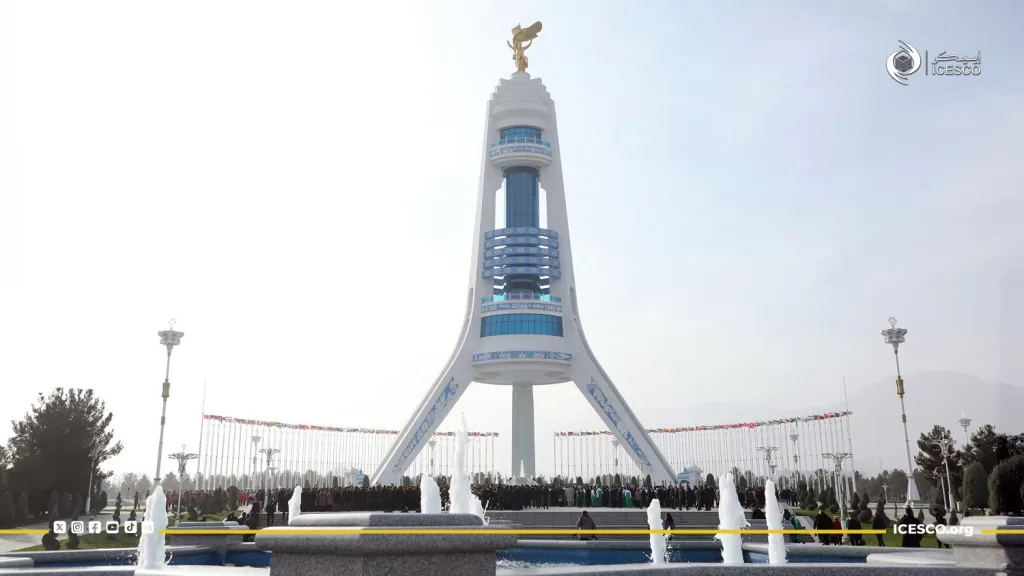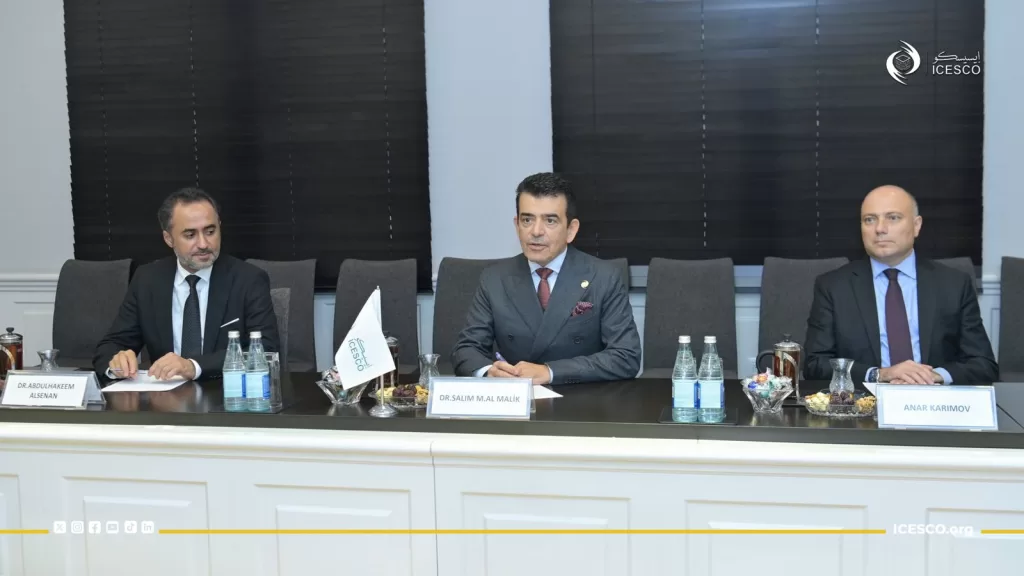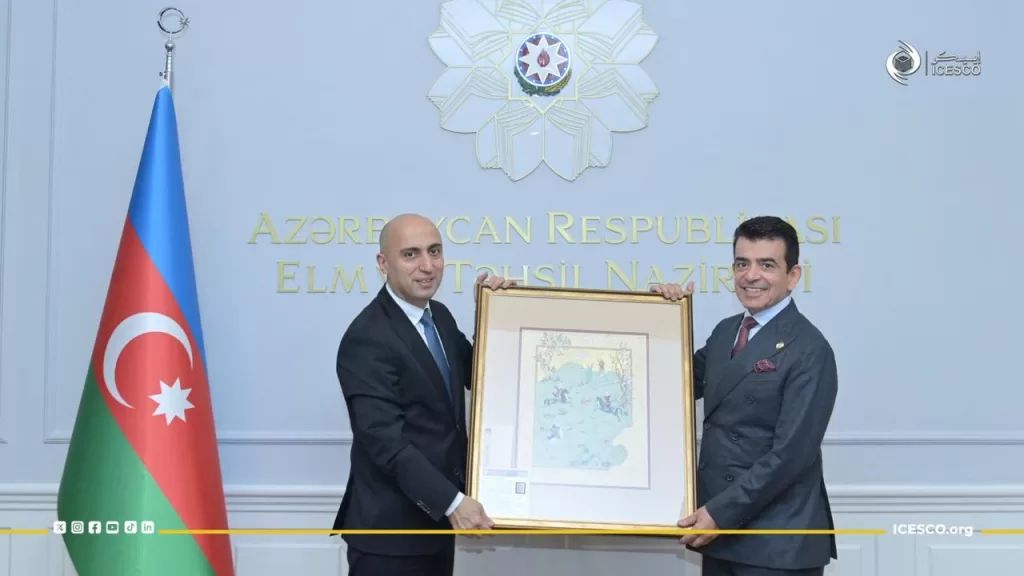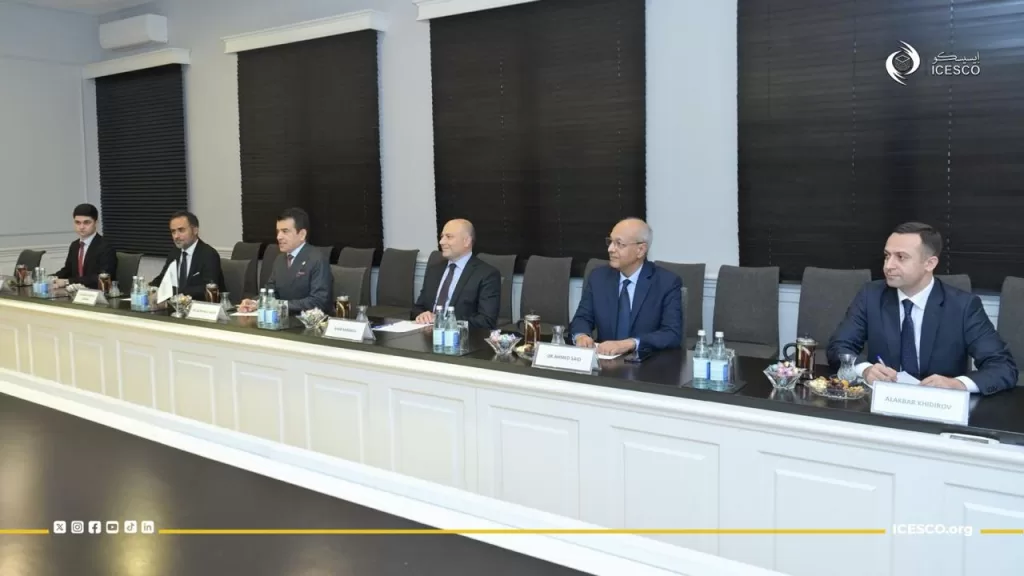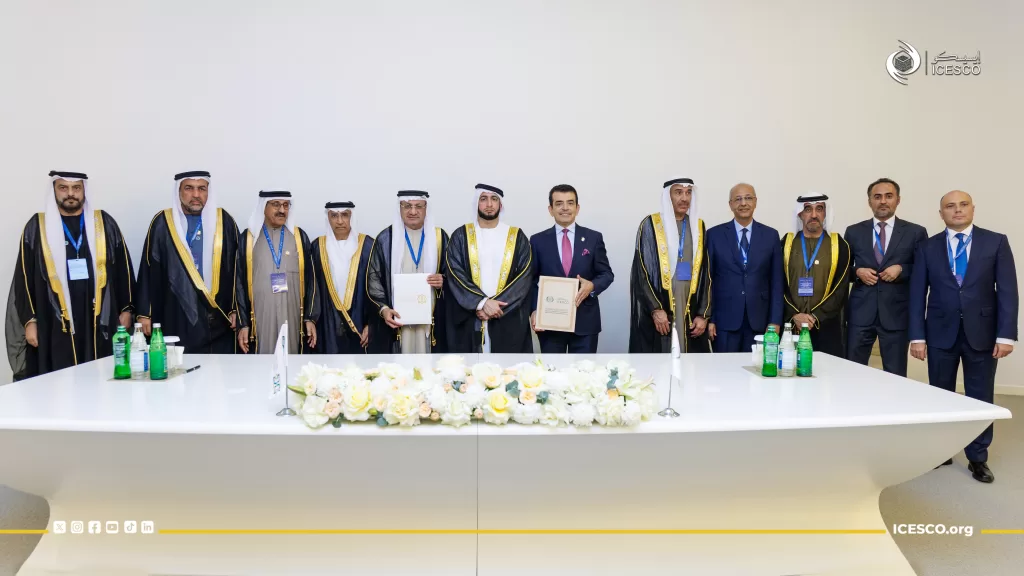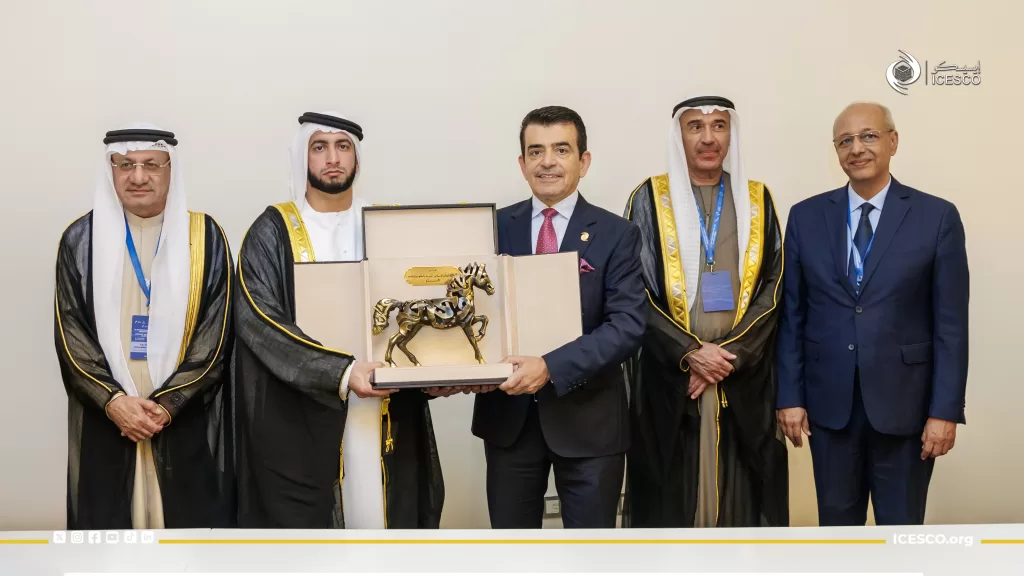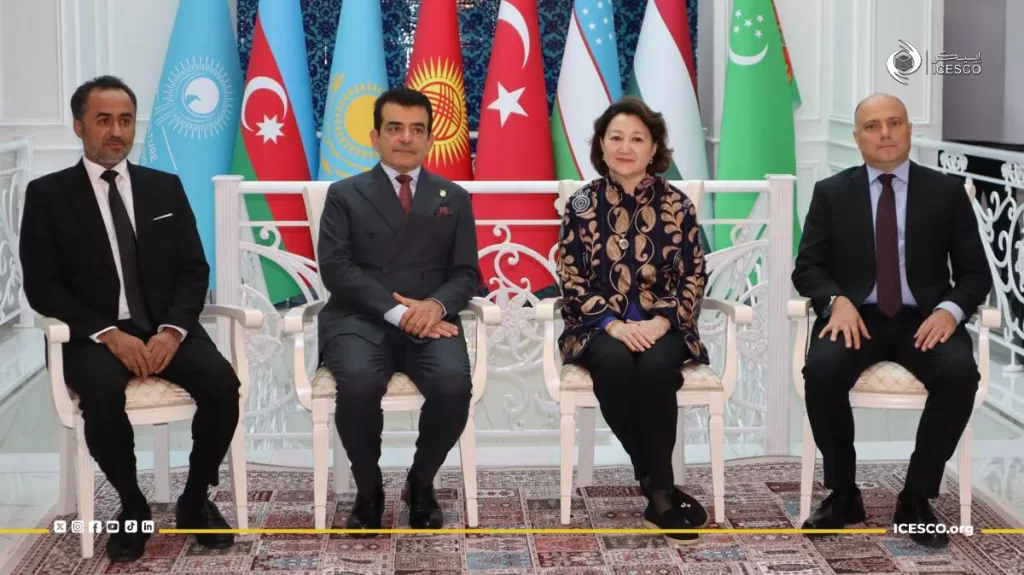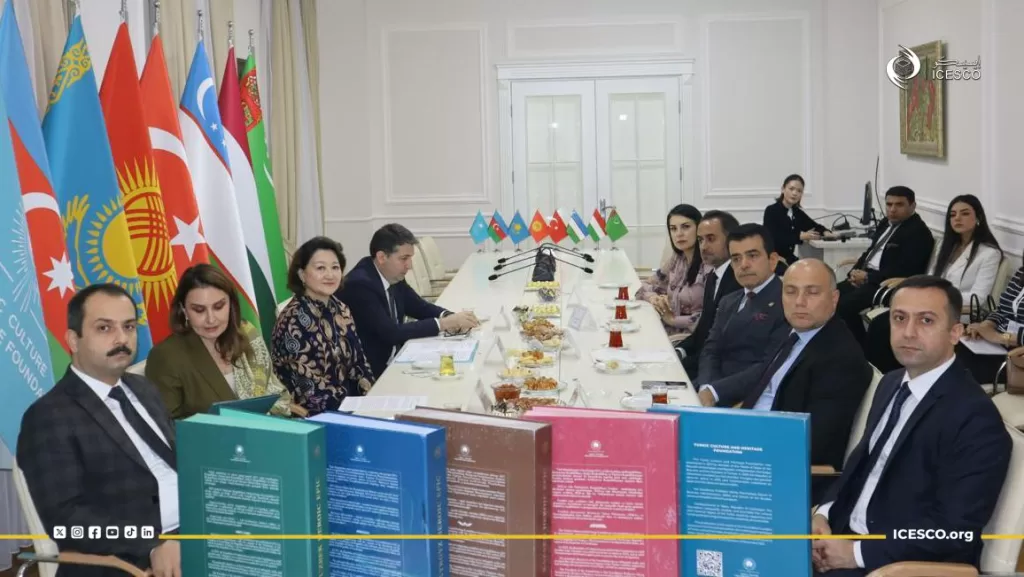Under the patronage and presence of His Highness Sheikh Tamim bin Hamad Al Thani, Amir of the State of Qatar, Dr. Salim M. AlMalik, Director-General (DG) of the Islamic World Educational, Scientific and Cultural Organization (ICESCO), participated in the ceremony celebrating the completion of the Doha Historical Dictionary of the Arabic Language. The event took place on Monday, December 22nd, 2025, in Doha, Qatar, with high-level attendance including ministers, representatives of regional and international organizations, heads of language academies, members of the Dictionary’s scientific council, and experts and researchers.
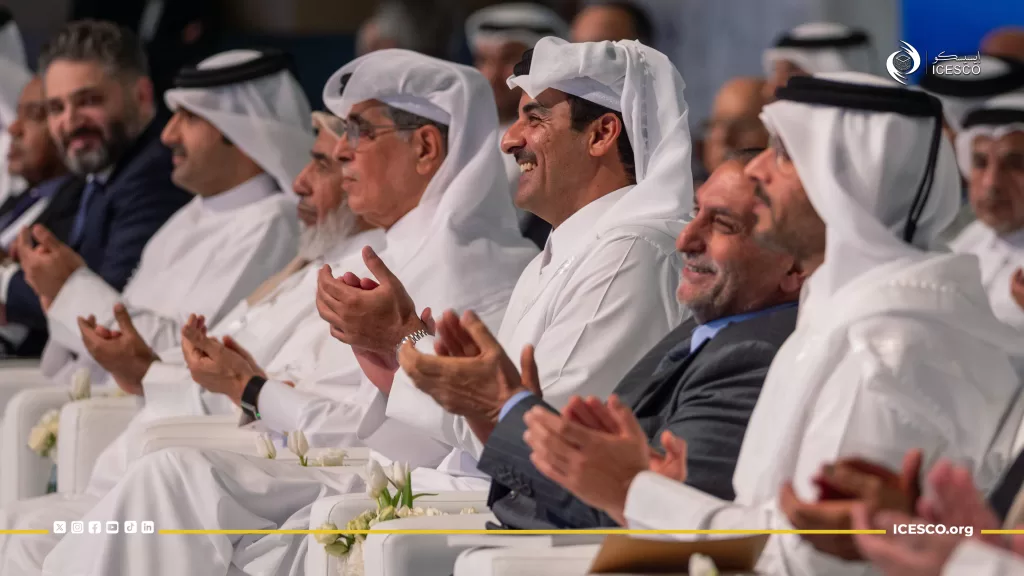
In his remarks during the ceremony, Dr. AlMalik emphasized that ICESCO is fully committed to supporting the Dictionary, positioning itself as a gateway for this pioneering project to the Arab and Islamic world through a long-term strategic partnership. He noted that the Dictionary holds a unique distinction and excellence, meeting aspirations while anticipating future opportunities and challenges.
The ICESCO DG praised the patronage of H.H the Amir of Qatar for the dictionary project, which began 13 years ago and involved a select group of experts from across the Arab world. He stated: “The Doha Dictionary is the first of its kind to comprehensively document Arabic words and their meanings.”
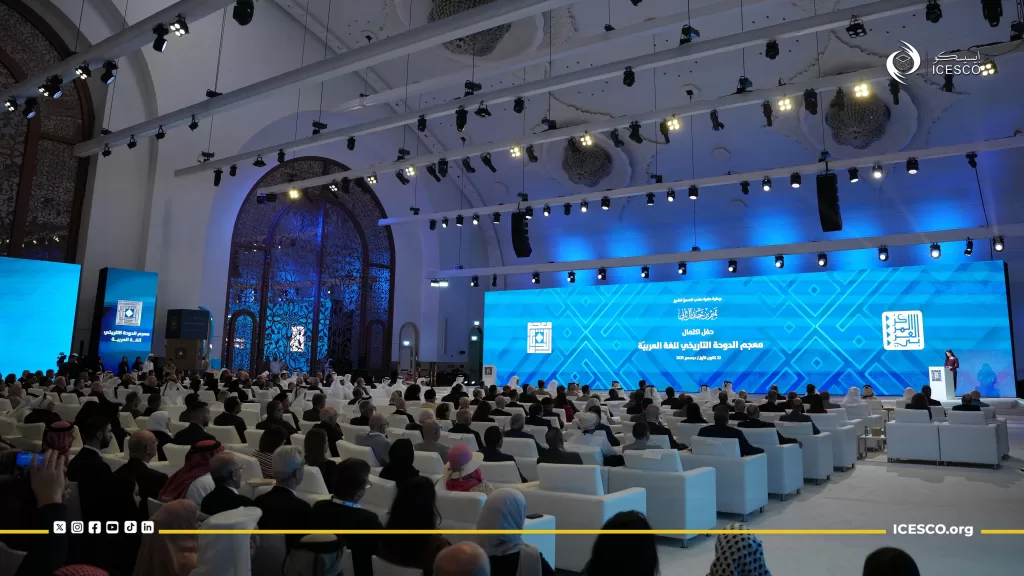
Dr. AlMalik explained that the Dictionary, which includes more than 300,000 entries, represents a unique resource for scholars, students, and researchers. He affirmed that its completion is a milestone in the advancement of knowledge, and reflects the region’s ability to produce civilizational projects with global impact. He concluded his remarks by reciting a poem he composed for the occasion.
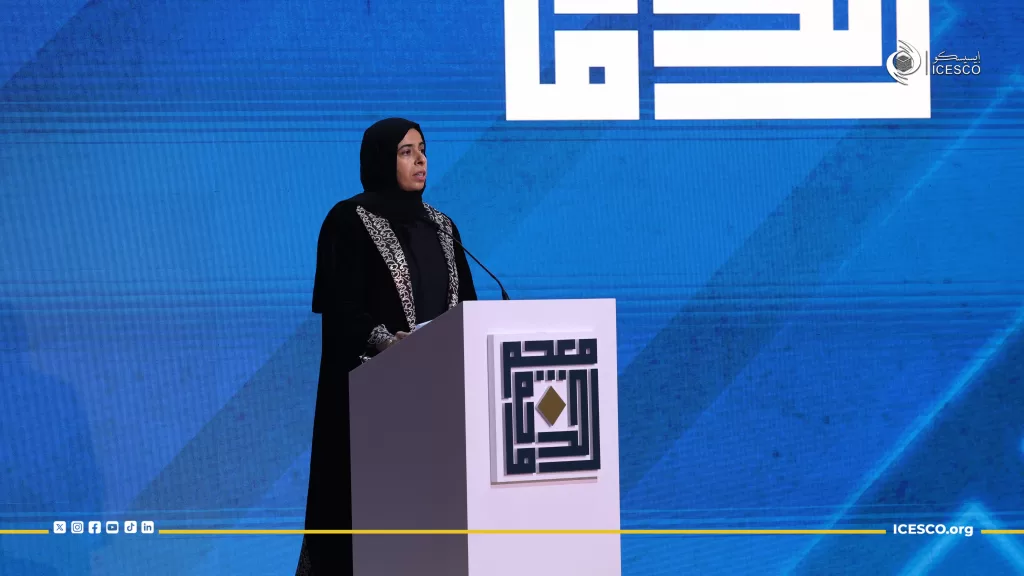
The ceremony also featured remarks by Ms. Lolwah bint Rashid bin Mohammed Al Khater, Qatari Minister of Education and Higher Education; Dr. Azzeddine Bouchikhi, Executive Director of the Doha Historical Dictionary of the Arabic Language; Dr. Azmi Bishara, DG of the Arab Center for Research and Policy Studies; and Dr. Mahmoud Al-Sayed, Head of the Arabic Language Academy in Damascus.
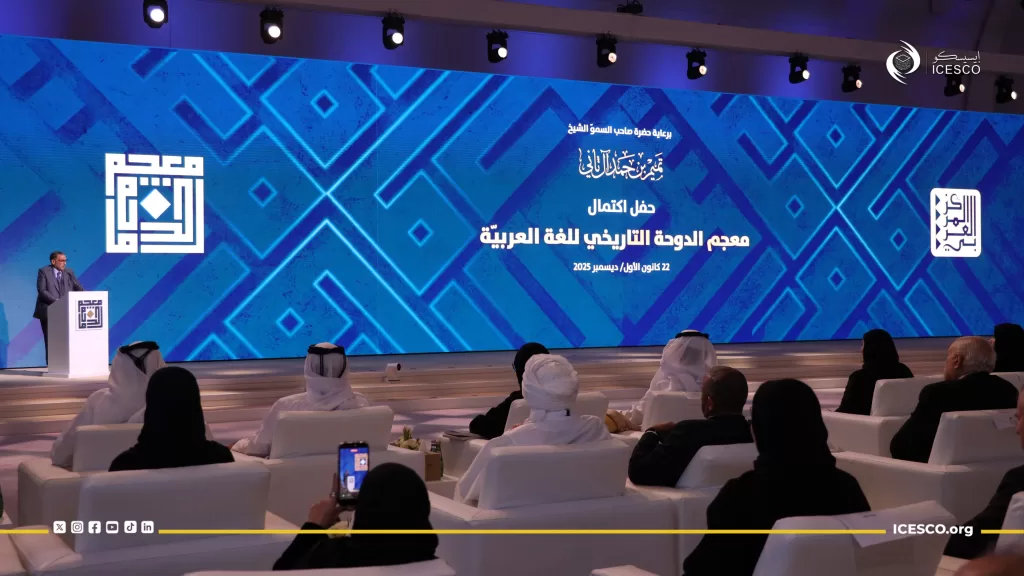
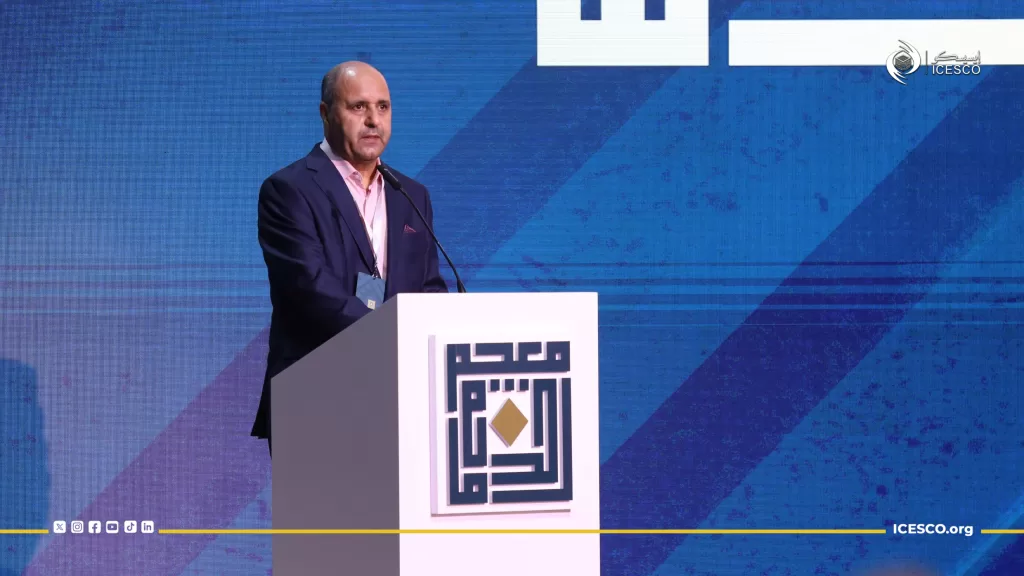
At the conclusion of the ceremony, H.H Sheikh Tamim bin Hamad Al Thani honored the experts, researchers, and editors who worked on completing the Dictionary project across its various stages.
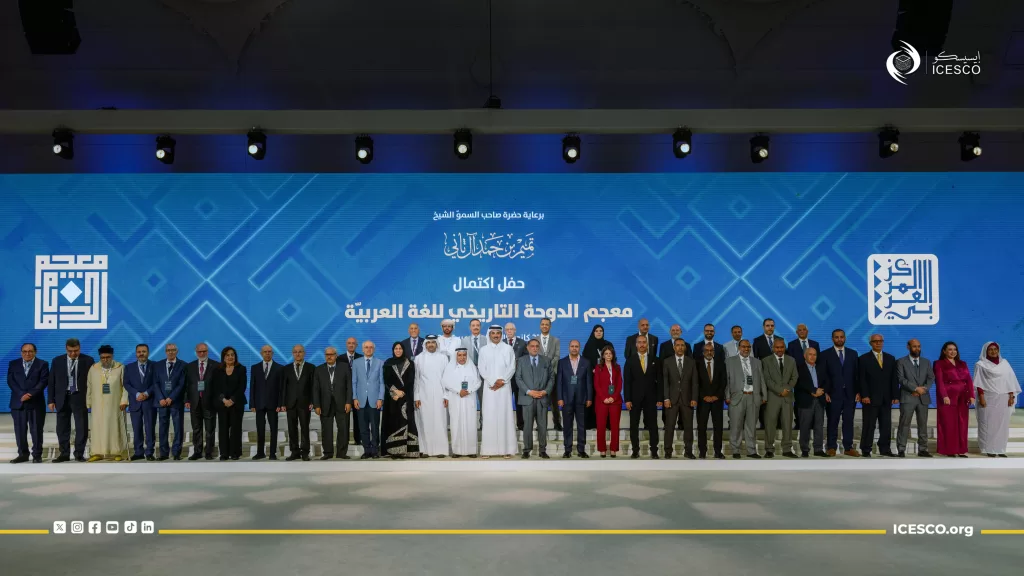
The Doha Historical Dictionary of the Arabic Language was launched in 2013 by the Arab Center for Research and Policy Studies in Qatar. The project includes a textual corpus of approximately one billion words. The Dictionary uniquely documents the evolution of Arabic words from their earliest appearances in inscriptions and texts, tracing changes in their forms and meanings within textual contexts and following the language’s chronological development.



